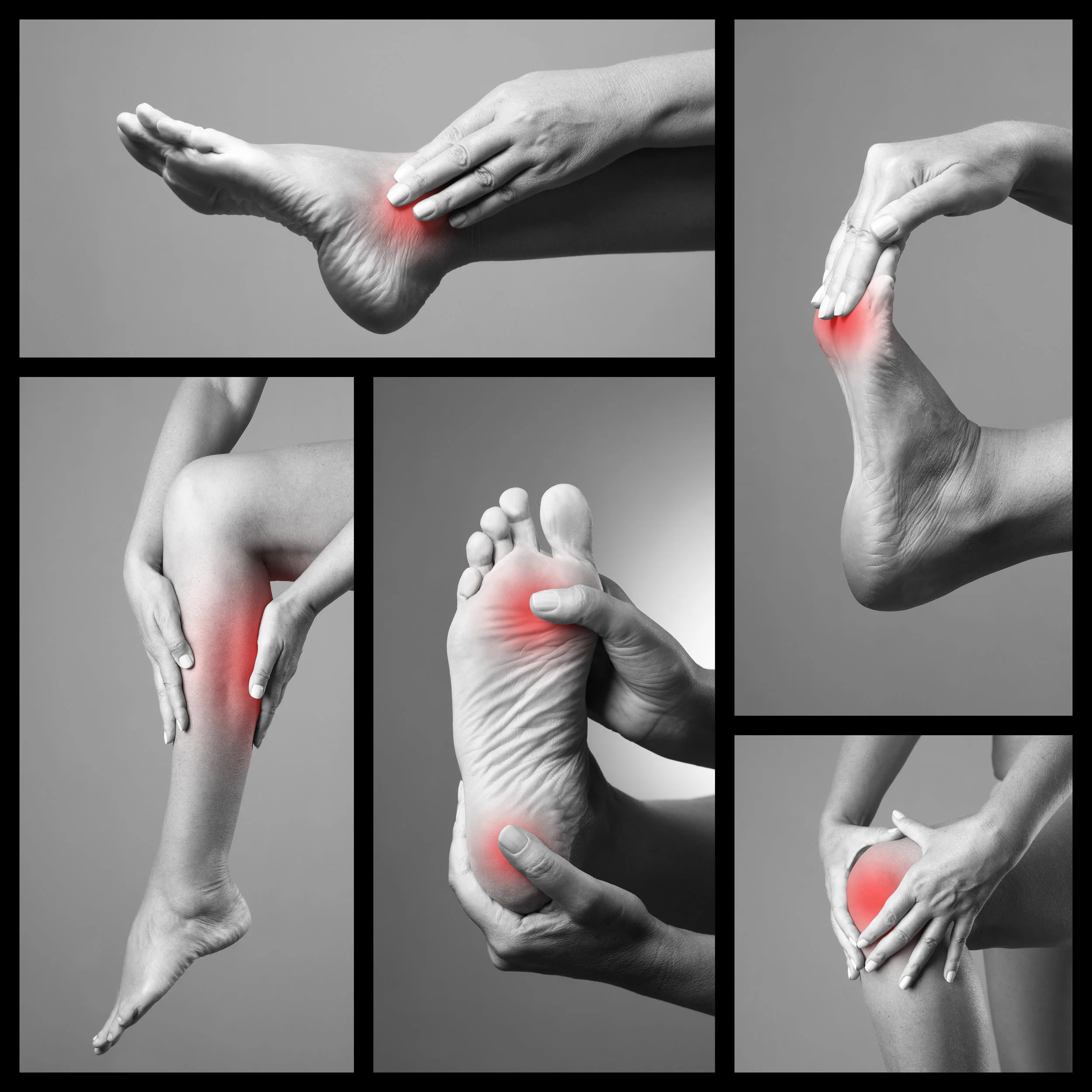It may seem odd that a skin disease would possibly put you at a higher risk for diabetes. But research is showing that when you have psoriasis, the potential for developing diabetes is increases. This is why anyone with the skin disorder of psoriasis should be aware of problems that could occur over the years.
A 2013 Danish study followed more than 52,000 adults and children age 10 and older with psoriasis for 13 years and compared them to the rest of the Danish population. Researchers found that everyone with psoriasis, whether it was mild or severe, were at a higher risk for developing type 2 diabetes. The more severe the skin disorder was the higher the risk for diabetes.
Another study conducted in 2012 and published in the Archives of Dermatology compared more than 100,000 people with psoriasis to 430,000 people without it. Those who had severe cases of psoriasis had nearly double the chance of developing type 2 diabetes than people without it. Even people with a mild case of psoriasis, had an 11 percent higher risk.
The Harvard Nurses’ Health Study also showed that people with psoriasis were more than 60% more likely than others to have diabetes.
What is the connection between psoriasis and type 2 diabetes?
The connection between psoriasis and type 2 diabetes may explain why having the skin condition may put a person at a higher risk:
· Inflammation
Both psoriasis and type 2 diabetes are conditions of chronic inflammation in the body. Chronic inflammation is a significant contributing factor for the development of both of these diseases.
The inflammation caused by psoriasis can increase the amount of an insulin-like growth factor in the body that is linked to diabetes. Plus psoriasis affects the immune system that has been linked to insulin resistance and type 2 diabetes. Psoriasis affects the immune system by activating it to release all kinds of molecules into the blood of which these same molecules can alter different aspects of the body’s chemistry.
· They have commonalities between them
Both psoriasis and type 2 diabetes share related conditions – obesity, higher body mass index, high cholesterol, high blood pressure, cardiovascular disease, and stroke.
· Both affected by lifestyle habits
Certain lifestyle habits are often implicated and responsible for the development of both psoriasis and type 2 diabetes. People who smoke, drink alcohol, and have unhealthy eating habits are at a greater risk for developing both conditions.
For anyone with psoriasis it does not mean that they will automatically develop type 2 diabetes in the future. But it should be a reminder to them to be very scrupulous in treating their skin condition as it just may help reduce their risk of developing type 2 diabetes.



















